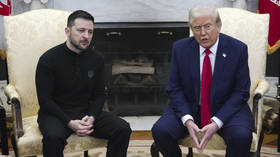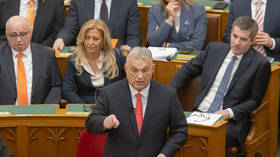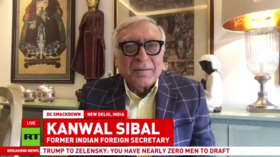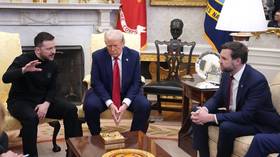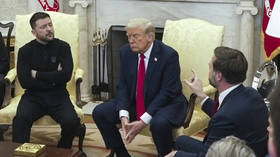US pursuit of military domination hampers space arms ban negotiations – Churkin
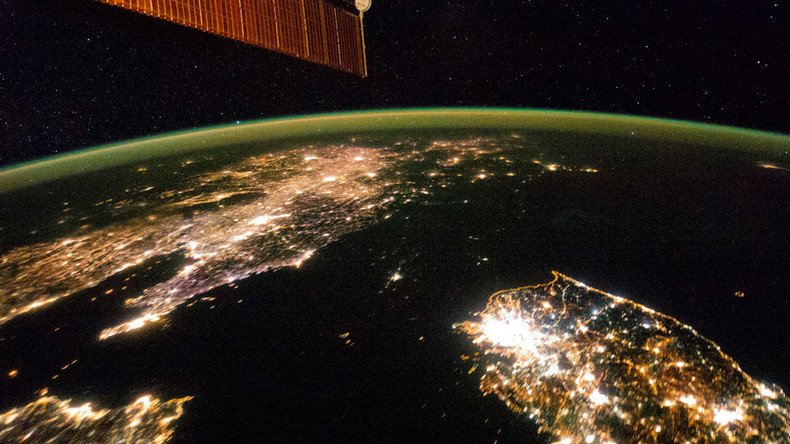
The US’ selfishness and its desire for global military domination accounts for its reluctance to negotiate the ban on the placement and development of weapons in space, and poses a threat to other countries, Russia’s UN Ambassador told RT.
“They want to have American military domination, they are not comfortable enough in the world of checks and balances. They don’t want much to share power and influence with others,” Vitaly Churkin told RT’s Sophie Shevardnadze.
“If you imagine that the arms race weapons spread into outer space ... it creates all sorts of problems,” Churkin explained. “For example, in terms of the possibility of continued reduction of nuclear weapons. From time to time Washington says that they want to see further negotiations with Russia on the reduction of nuclear weapons, but it’s hard to talk about that without keeping in mind the possibility of weapons appearing in outer space. If that were to happen, that would create a completely different strategic situation, much more difficult to regulate.”
“So, we will keep pushing an international ban on the deployment of weapons into outer space,” the Ambassador added.
In 2014, during the General Assembly’s 69th session, the UN adopted a draft resolution on No First Placement of Weapons in Outer Space (NFP) banning an arms race in outer space with 126 votes in favor and 4 votes against that came from Georgia, Israel, Ukraine and the US.
READ MORE: Why Russia is against weapons in space
Churkin stressed that having a dialogue with the US on the matter is not an easy task since, in his opinion, the US acts as individualist which doesn’t pay attention to other countries’ concerns and pursues only its own interests.
“They are secure only if they are relying entirely on their own force without giving much credence to the possibility of international security on the basis of broad international cooperation,” he said.
The “selfish” US stance on an arms race in outer space is hindering the creation of “a world of greater harmony,” the Russian ambassador added.
“If you rely only your military force to defend your interests of course that creates threats to others and makes it much more difficult to cooperate internationally.”
Washington opposes the proposals made by Russia and China to ban weapons in space, calling both the NFP and the Treaty on Prevention of the Placement of Weapons in Outer Space and of the Threat or Use of Force Against Outer Space Objects (PPWT) “fundamentally flawed” and “unverifiable.” US assistant secretary for arms control, Frank Rose, said last December that neither of those proposals could serve as basis for further negotiations.





